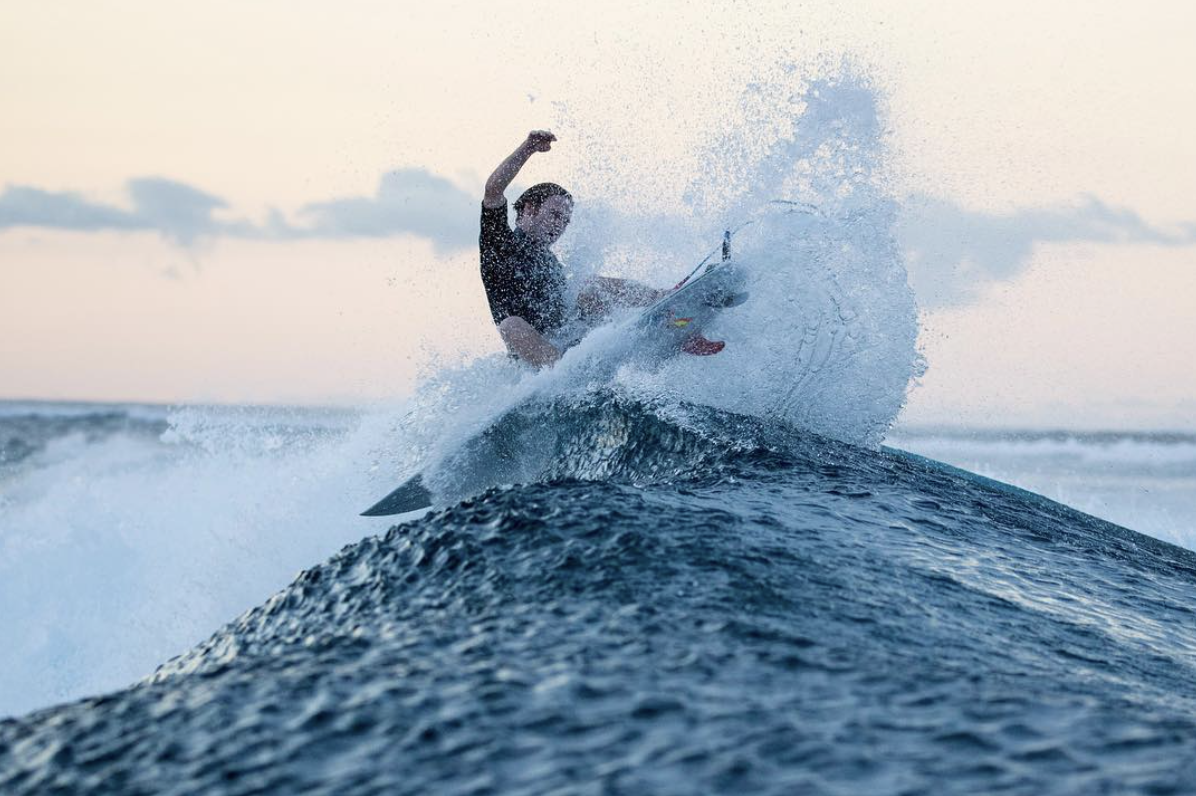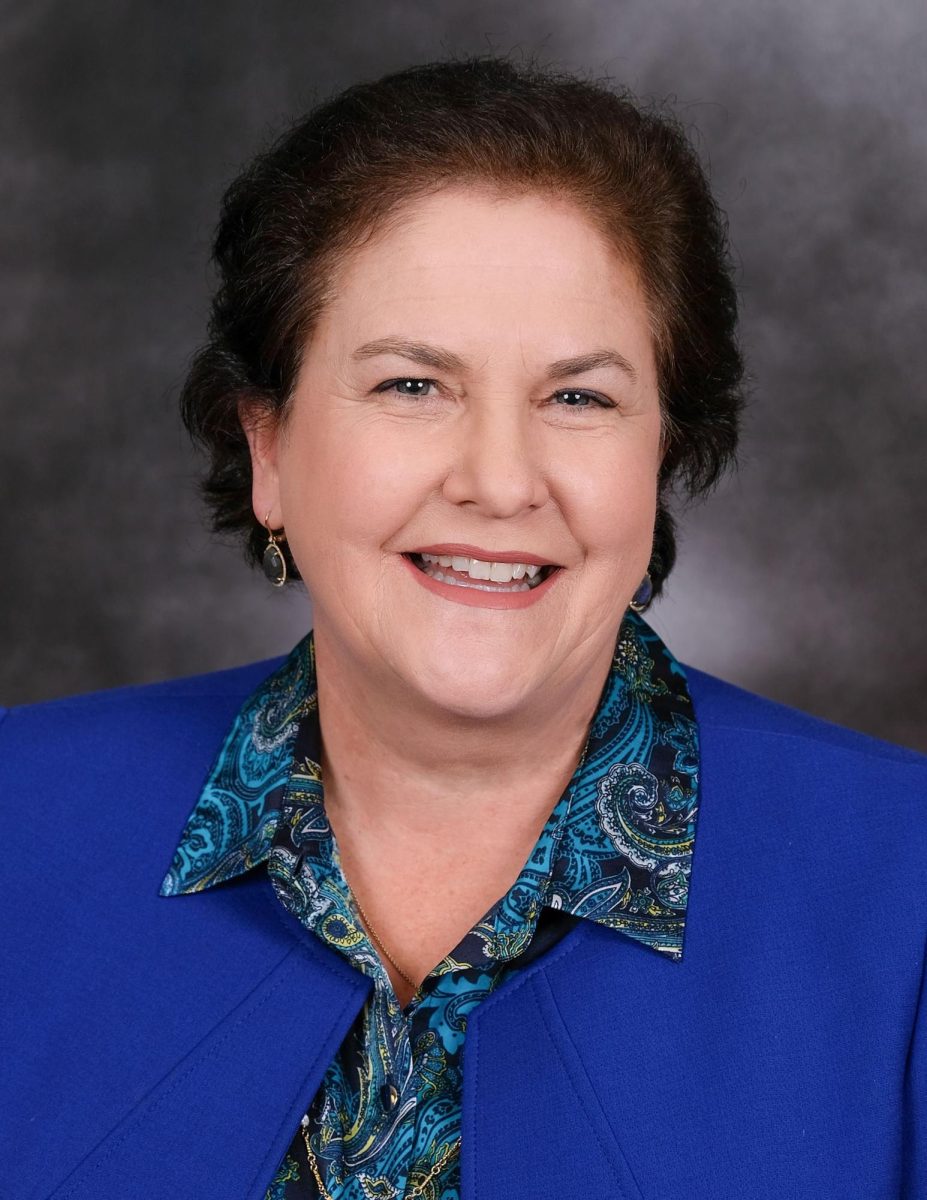“It puts everything into perspective,” said senior Esther Aviles referring to bowling with the Marin Special Olympics. “Here I am worrying about getting a bad grade on a test or about getting my college applications done, and then I realize that the adversity that they face everyday outweighs my own concerns.”

With a bowling ball in hand, Aviles cheered on two Special Olympics bowlers: Danny and Ethan.
Every Monday night at 6:45 pm, Marin Special Olympics gathers at Country Club Bowl in San Rafael to spend a few hours enjoying each other’s company. With the help of volunteers, bowling coach and coordinator Tracy Rivkin and sports manager Nate Evans have held weekly events for members for almost 13 years.
“It’s a great program,” said Rivkin. “We do different sports with the seasons—swimming year round. It’s amazing seeing how much they enjoy having a place to go and be together.”
According to Aviles, who has been volunteering with the program since middle school, it’s a place where people with mental disabilities can go to have fun doing coordinated activities with each other and forget about everything else.
“I’ve volunteered with the disabled residents of Cedars of Marin and Marin Special Olympics for the past five or six years,” Aviles said. “Before anything, volunteering with the adults is a lesson in compassion. You have the opportunity to really make a difference in their lives.”
Aviles realized after her first year helping out was that her predispositions she entered the program with were far from true.
“The stereotype is that these adults are very needy—like children or infants,” Aviles said. “But when you really meet them, you realize that the spectrum is very wide and as a whole, that each of them have this insanely inspiring independence. When you put their success and high functionality in perspective you realize what incredible individuals they are.”
Coaches in the program agreed that their jobs are not only to point out that every member is fully capable of playing sports successfully, but also to give members the confidence to do so.
“They’re fighters,” senior Francesca Tettamanzi said. “Not many people have the ability and strength to really put themselves out there—to cross that line in between what is normal and safe, and what’s new and scary—but every time I work hand in hand with the people who show up to the Special Olympics, I’m taken aback. They’re not only courageous, they’re absolutely magnificent in the way that they approach the challenges presented to them.”
In light of expanding volunteer efforts, Marin Special Olympics recently partnered with a new nonprofit: Marin’s Best, which was created in hopes of raising money for Marin’s local developmentally disabled community and other larger programs.
“Right now, Marin Special Olympics doesn’t even really have a website,” said Tettamanzi. “You get this feeling that—you know—it’s not about getting attention or making a scene…or even getting people’s sympathy. The program is just truly about empowering its disabled members and nothing more or less. But that’s not to say it doesn’t need some sort of support which is where organizations like Marin’s Best comes in.”
Regardless of its lack of spotlight, however, both Aviles and Tettamanzi couldn’t agree more that the program was completely worth a few hours of their time every Monday night.
“People are so caught up in their day to day life that they don’t stop for a second to think about things that really matter,” Aviles said. “I think that when I first started volunteering I did just that…I’d worry about stuff that, in a week or a month, wouldn’t even cross my mind. But being able to become friends with Special Olympics members changes you and the way that you think. You’ll spend the entire week before that Monday worrying and stressing and then you get there, help out, and something inside you just shifts.”





